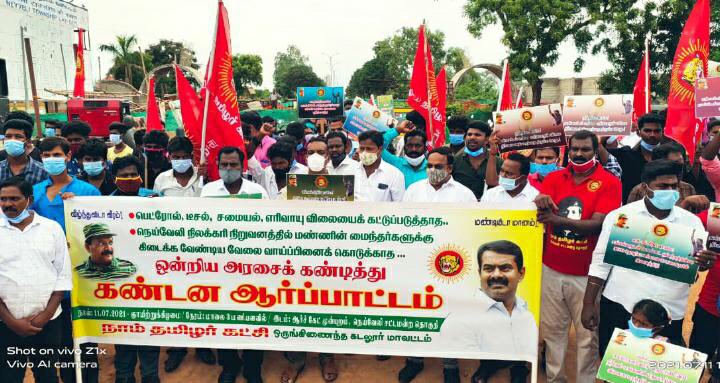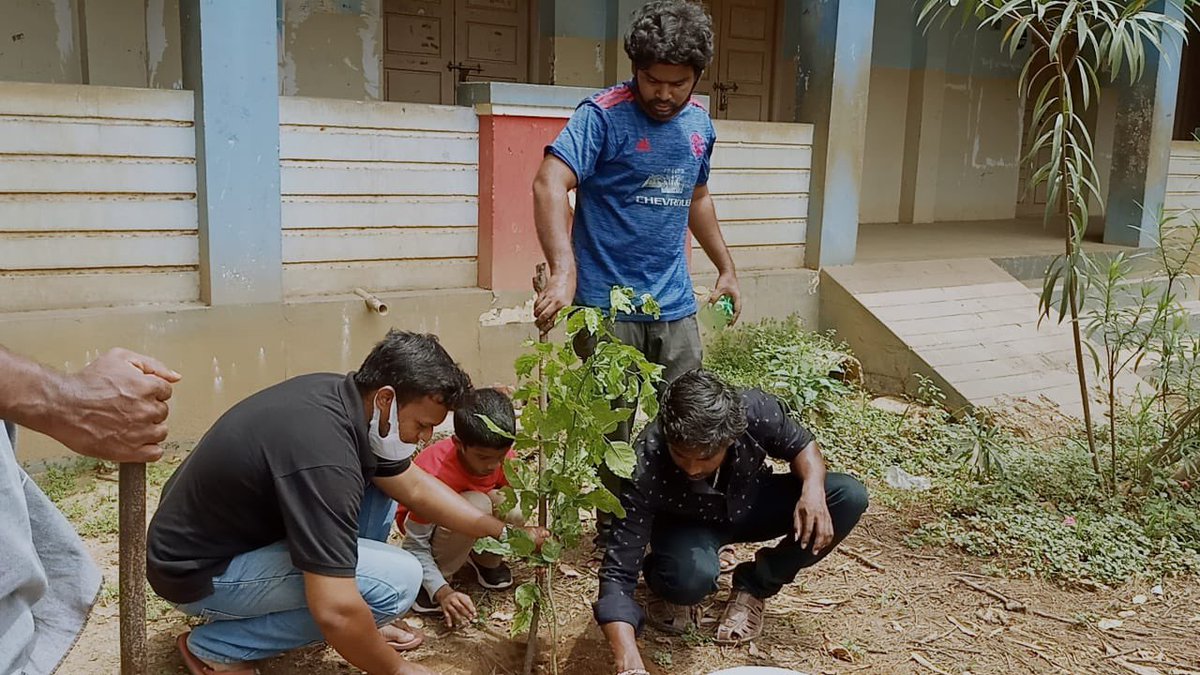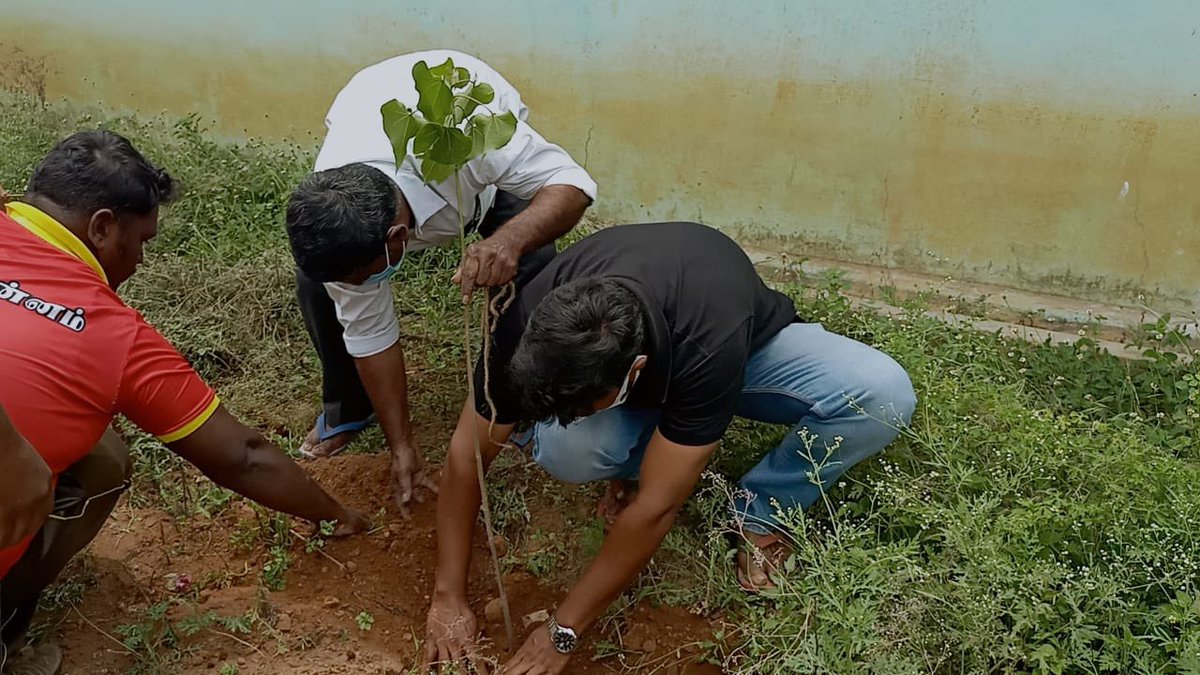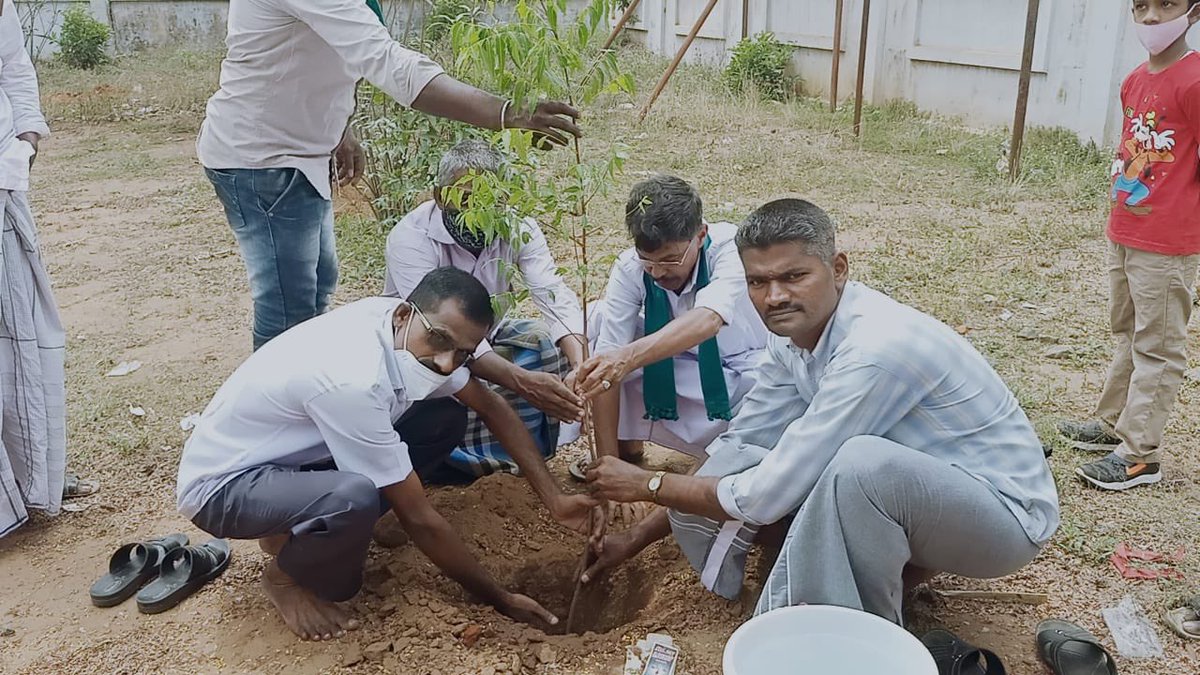
known as Isvara), including the possession of two gender aspects – the female ‘Shakti’ being Tara. It is hence not surprising that many south Indian Buddhist places of worship subsequently became Siva temples.
This may be a clue to the Mahavamsa’s attitude to Tamils.- 74/82
This may be a clue to the Mahavamsa’s attitude to Tamils.- 74/82
Historians have tended to focus on the fact that the chronicle was written at the time of Dhatusena, who had just completed a struggle against several Tamil kings, which they consider the reason for this antipathy.
However, the Mahawamsa was primarily an ecclesiastical - 75/82
However, the Mahawamsa was primarily an ecclesiastical - 75/82
document of the Mahavihara, seeing the world through orthodox Theravada Buddhist eyes. Its concern with worldly activities was mainly limited to maintaining royal patronage. The primary threat to that patronage came from what it saw as heresies.
The Mahawamsa’s treatment - 76/82
The Mahawamsa’s treatment - 76/82
of Elara is moderate; it not only praises the justice of his rule, thus making him the prototype ‘good Soli king’ of later folk lore. It says he ‘freed himself from the guilt of walking in the path of evil… though he had not put aside false beliefs’. Nor does it speak - 77/82
badly of the ‘Seven Damilas’ who overthrew Vattagamani Abhaya; it merely mentions that, on being asked whether Buddhism would prosper under the former or the latter, the Sangha took the King’s side.
On the other hand, its treatment of Sanghamitta, ‘a bhikkhu from the Cola- 78/82
On the other hand, its treatment of Sanghamitta, ‘a bhikkhu from the Cola- 78/82
people who was versed in the teachings concerning the exorcism of spirits, and so forth’, is clearly antagonistic. This ‘lawless’ bhikkhu (apparently of the Dharmmaruci sect) was embittered against the Mahavihara, it says, and ingratiated himself with the future king - 79/82
Mahasena.
Under the last-named, Theravada was persecuted and the Dhammaruci sect was triumphant. Under Dhatusena and his sons too, that is, in the period the Mahawamsa was written, Theravada Buddhism was embattled. Archaeological evidence indicates that Sigiriya, to which- 80/82
Under the last-named, Theravada was persecuted and the Dhammaruci sect was triumphant. Under Dhatusena and his sons too, that is, in the period the Mahawamsa was written, Theravada Buddhism was embattled. Archaeological evidence indicates that Sigiriya, to which- 80/82
Dhatusena’s son Kasyapa retreated, was a Mahayanist monastery complex.
So the Mahavihara was threatened not by Tamil monarchs or armies, but by Buddhist schismatics influenced by Tamil priests from Tamilakam. Hence, what we read in the chronicles is not antagonism towards- 81/82
So the Mahavihara was threatened not by Tamil monarchs or armies, but by Buddhist schismatics influenced by Tamil priests from Tamilakam. Hence, what we read in the chronicles is not antagonism towards- 81/82
Tamil people, but antipathy to ‘heresies’ carried hither by Tamil Buddhist prelates.
(Concluded) - 82/82
(Concluded) - 82/82
“Un roll” @threadreaderapp
• • •
Missing some Tweet in this thread? You can try to
force a refresh



















